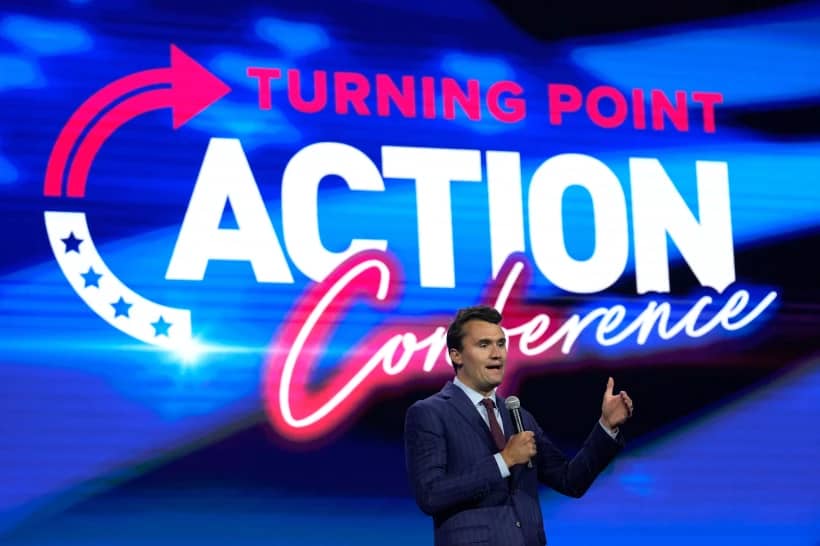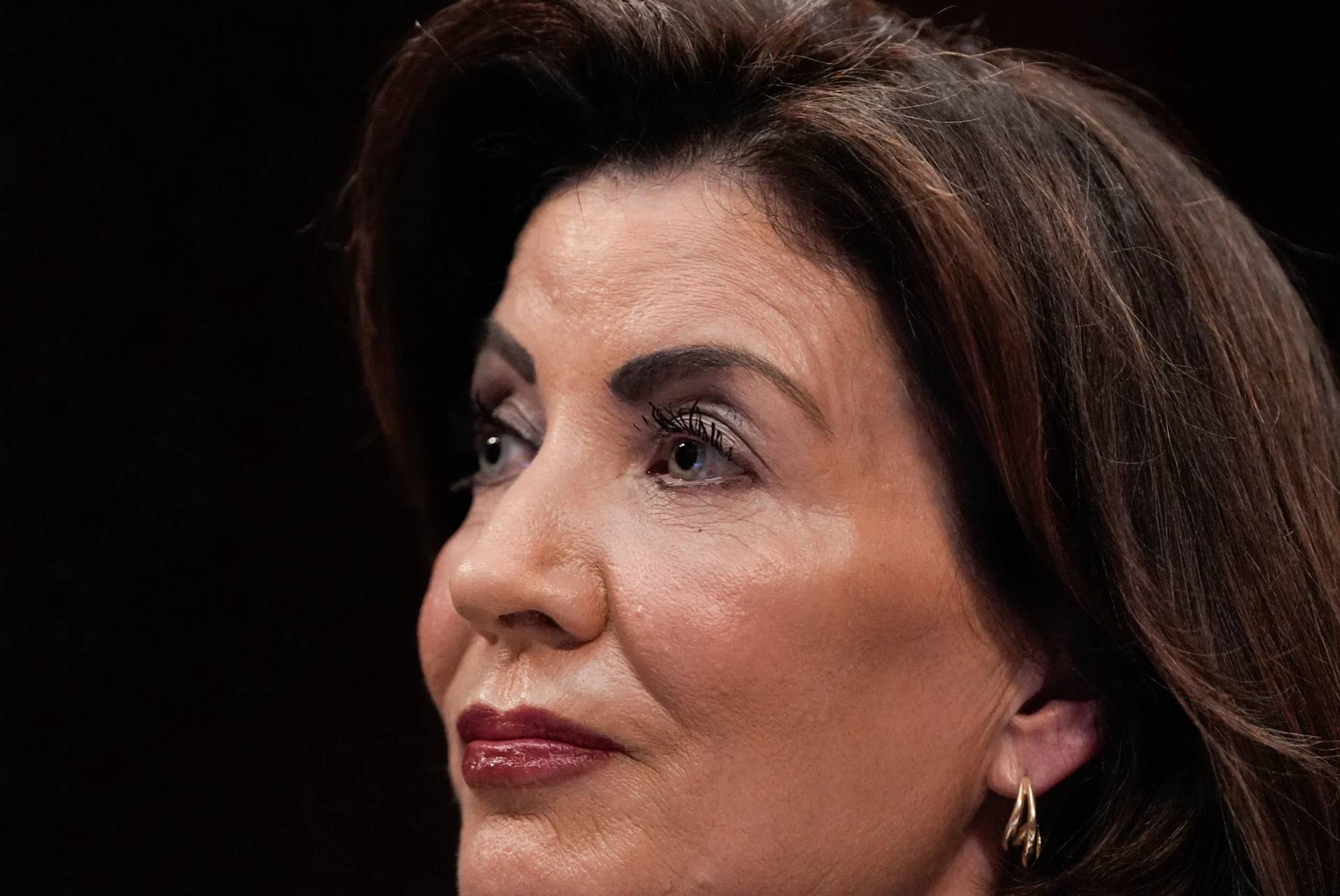[Editor’s Note: Dr. Jeffrey P. Bishop holds the Tenet Endowed Chair in Health Care Ethics at St. Louis University, a Jesuit institution. He got his medical degree from the University of Texas Medical School. He spoke to Charles Camosy about the viability of a healthcare reform plan based on extending Medicare, the government health insurance provided for senior citizens, to everyone.]
Camosy: “Medicare for all” (MFA) is becoming something close to orthodoxy for many Democratic candidates for president. What do you think about when you hear this phrase?
Bishop: I am in support of Medicare for All. But what I think of when I hear MFA is how broken the system is and how Byzantine the whole system has become. Systems are conservative; rather than changing the system, we patch it up here and there, until you have layers of sediment on it. That is what we have now.
MFA as a campaign slogan will only speak to the coverage side of a very sick system, and the problem is only partly about coverage; the real problem is pricing, what are the value of the numerous services covered. The Affordable Care Act focused mostly on coverage and then almost as an afterthought on costs. Unless those touting MFA take seriously the cost-side of the whole system, it too won’t go well. (The ACA might have worked, though the increases in costs gave the Republicans reason to can it.)
MFA will not be the end-all be-all because the system that sets pricing and decides coverage interlinks with the larger system of price-setting that permits disingenuous negotiations. Moreover, by thinking about coverage only, we also miss the fact that there are moral hazards not just on the front end of a system like ours, but once MFA is deployed, and is up and running, if costs aren’t controlled, new moral hazards will emerge. There will be battles over what must be covered, whether something is a medical issue or a social issue, whether people or delivery systems will be pressured into medical options they find morally problematic. But I think that is coming even without MFA; in fact, it has been there all along.
How would care be rationed under an MFA system? Who would make these decisions?
I suspect that MFA will work the way Medicare currently works for those over 65. There is some minimal amount of care on offer, and you are permitted to buy more. But I don’t know how these things are currently rationed, or who makes the decisions right now, and I am not certain anyone does.
I suspect that, after we bring everyone under MFA, the problems existing in the current system will come more fully into relief. And as far as I can tell, those problems are about costs. No one knows what anything really costs, how pricing really works. I wonder who, in our present system, really knows the cost and the value of the current pricing structures. The idea that some free-market, invisible hand guides cost and value, and that the current system doesn’t create moral hazards because decisions are in the hands of patients who get to decide is nonsense.
Though she has since backtracked, U.S. Senator Kamala Harris, who has announced her campaign to run for president, originally said she favored abolition of private insurance. Is it viable to have MFA along with private insurance?
I think it only makes sense to have MFA with private insurance. Or perhaps we really shouldn’t have Medicare for All, but Medicare as a safety net. To me what is impressive about the systems in Europe is mostly that they cover the poorest of the poor. The various systems in Europe are to varying degrees partly financed through the state-tax system, but also partly financed through insurance, or self-pay to some degree. Everyone is covered with something, and in every European country the amount covered by a Medicare-type system varies. And in Europe, you can always buy more: more services, more efficiency, etc. How much is covered depends on the particular country. That makes sense to me.
So, I could see various layers of a Medicare plan. Those without anything at all get Medicare coverage; those with some means, but not a lot of means have a sliding scale as to how much and what services will be covered by the Medicare system and what services can be bought out of pocket or through your private insurance. And still others, if we keep the current employer-supported systems, will draw nothing from the Medicare system or only a minimal amount of their coverage from Medicare, until they hit 65 or 67 or 70…
To be honest, the most sensible system that I have come across is that found in Singapore. Now, the comparison to Singapore may not work, since it is a very small city-state. But in Singapore they don’t have private insurance, but health savings plans in which if you are employed, you are required to put aside a certain percentage into the health savings plan, which, if I am not mistaken also earns some interest. If you are not employed, or are under-employed, you get full coverage through their Medicare-like system. If you are making less than some amount, or putting small amounts into your health plan, then you qualify for coverage on some sliding scale from their Medicare-like system.
Then those with health savings plans, as they need it, draw on it. The primary plan holder can use the monies in the savings account for himself/herself, his or her spouse, children, parents, brothers, sisters… it is a true familial system. My Chinese friend looks enviously to Singapore (which is something like 80 percent ethnically Chinese), because Singapore’s system conforms to Confucian mores and concerns for family. In Singapore, because the money belongs to the family, they are encouraged to shop around for cheaper services. (It is here that the Singapore system exerts price controls, through real competition.) And if some treatment seems heroic, the primary holder may choose not to spend the family’s money on the treatment. And when the primary holder dies, she or he can make it part of his/her inheritance, distributing the funds to his or her heirs.
I am not touting Singapore’s system as an alternative. Rather, I am pointing out that it is probably best to have a layered system diversely paid for. My point is that no single system of financing will ever cover the needs and desires of those who consume health care. The poor must be covered, and the greatest sin of the U.S., unlike the social-democracies of Europe or the market-system of Singapore, is that we have not covered the poorest, the least of these. To me that means that there is something sinful at the heart of our system. But covering the poorest can be managed in multiple ways. There is no single morally legitimate way to execute coverage for the poorest. Every system should cover the poorest; but every system also needs the pop-off valve such that those who want to buy more, can do so.
Catholic teaching insists there is a right to health care and on a preferential option for the poor. Would MFA be an example of honoring these teachings?
Sure, MFA meets the demands of the preferential option for the poor. But it will not do away with moral hazards.
Right, how might a move toward MFA practically effect religious hospitals and clinics? Religious physicians, nurses, and other health care providers?
I think an MFA system will certainly make it easier for Catholic systems to make ends meet. The ACA was good for all health-care systems and providers. They were now making money on services that used to be charity cases. So, it will affect them financially for the better. But there will be moral hazards: Services that are not covered; options severely limited due to costs (everything costs something, MFA will not affect costs and someone – such as the taxpayers – will be paying for it); perhaps pressures “to choose” less expensive and marginally less effective treatments; pressures to choose no treatment or to remove treatment (why are you treating someone in PVS?); palliative care is less costly than more aggressive care… so “choose” that option!
We tend to be Pollyannaish and think the next best thing coming down the pike (a few years ago the ACA, today MFA or single-payer system…) is the panacea. It will save the poor, it will mean we get to live out our Christian lives with a good conscience; all will be peace and harmony.
Nonsense! There will still be need for Christian witness in healthcare, and the Catholic systems (which have better-lived out their mission in this country than other Christian systems) will still have to step up to the plate, taking those that MFA with or without private insurance abandon, those that are forced to choose cheaper, marginally less effective treatments, those who are in PVS and those for whom the new system will not offer care, the Charlie Gard’s of the world. Catholic systems now being paid for services to the poor will have to turn their attention to those marginalized by any new system… the problem is that our Lord, in asking us to care for the least of these, knew that every system produces the least of these…our mission as Christians is never finished.

















